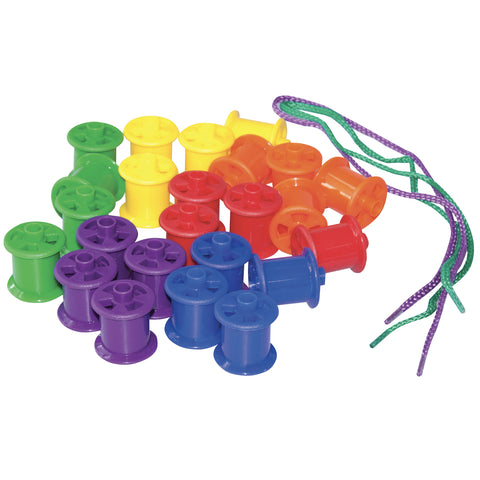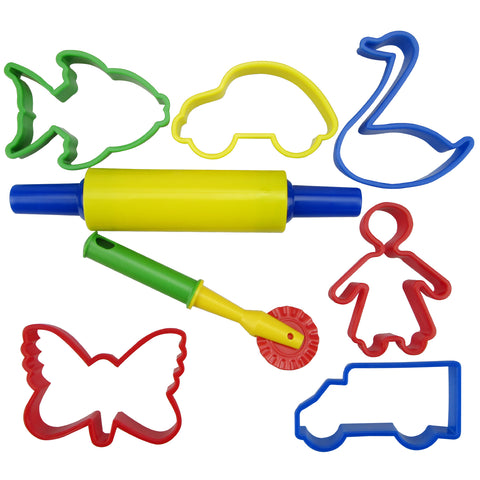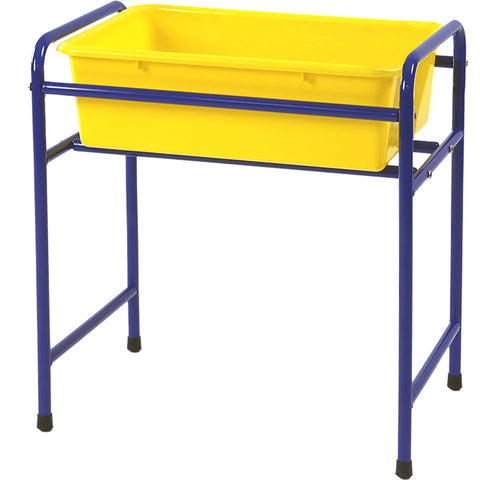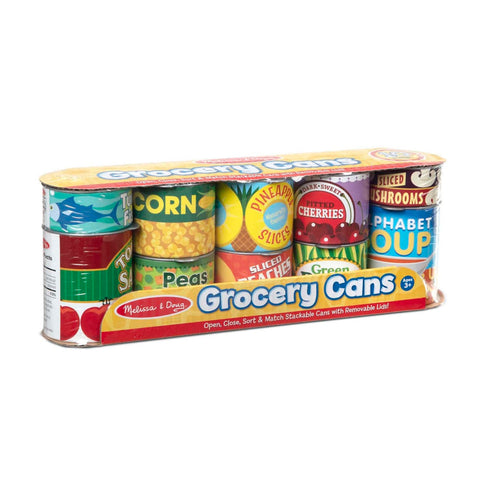PHONOLOGICAL AWARENESS FUN PARK GAME
Come one, come all! Step right up and press the magical, mystical Fun Park spinner… where it lands nobody knows… If you’re lucky, you’ll collect all your favourite Fun Park goodies!
Here’s one of Super Duper’s coolest creations — Phonological Awareness Fun Park. Increase your students’ awareness of phonemes (sounds), syllables, and words as they travel around the park, pressing the electronic spinner to determine the number of spaces to move, and collecting colourful foam prizes at each entertaining booth.
PHONOLOGICAL AWARENESS FUN PARK GAME TARGETS SEVEN AREAS OF PHONOLOGICAL AWARENESS:
1. Phoneme rhyming
2. Identification
3. Discrimination
4. Manipulation
5. Blending
6. Deletion
7. Segmenting
Each skill has 4 levels of difficulty to allow for students’ individual differences, and to let the students progress. All the stimulus items in the Fun Park game are from preschool to Grade Two curriculums. Fun Park reinforces vocabulary that students hear on a daily basis.
The activity book has follow-up activities for each of the 7 phonological awareness areas. The reproducible book includes additional school or home practice, extension activities, a data record sheet, and awards. Also, a Parent/Helper letter to facilitate carryover in the home.
PHONOLOGICAL AWARENESS FUN PARK GAME INCLUDES:
• Game board (40 cm x 40cm)
• Instruction/Activity book
• Electronic spinner
• 420 cards (7 cm x 8.5 cm)
• 84 foam “prize” tokens
• 8 player markers
Ages 5+
Product Code: GB215
EXTENSION ACTIVITIES
Extension activities give you an opportunity to increase your student’s overall language development while targeting phonological awareness skills
Vocabulary Development
By using the target words within each skill area, you can extend learning opportunities and develop vocabulary. After the student responds to the target stimulus, have him or her:
• Name a word associate with the target word (ball: bat, glove etc.)
• Name a category that target words belong to (pig, cat, cow: animals)
• Describe or define a target word (bird: animal, flies, lives in a nest/tree, eats words, has wings etc.)
• Name antonyms / synonyms for a target word (small: big/little)
• Name two meanings of a target word (Watch – #1 an object worn on the wrist to tell the time, or #2 the action of looking at something)
Syntactical Development
By using the target words within each skill are, you can extend learning opportunities, develop sentence structure and promote learning of correct grammar. After the student responds to the target stimulus item, have him or her use the target word in a complete sentence giving a verbal prompt to elicit:
• Past tense (teacher prompts: “yesterday…”)
• Present tense (teacher prompts: “Today…”)
• Future tense (teacher prompts “Tomorrow …”)










